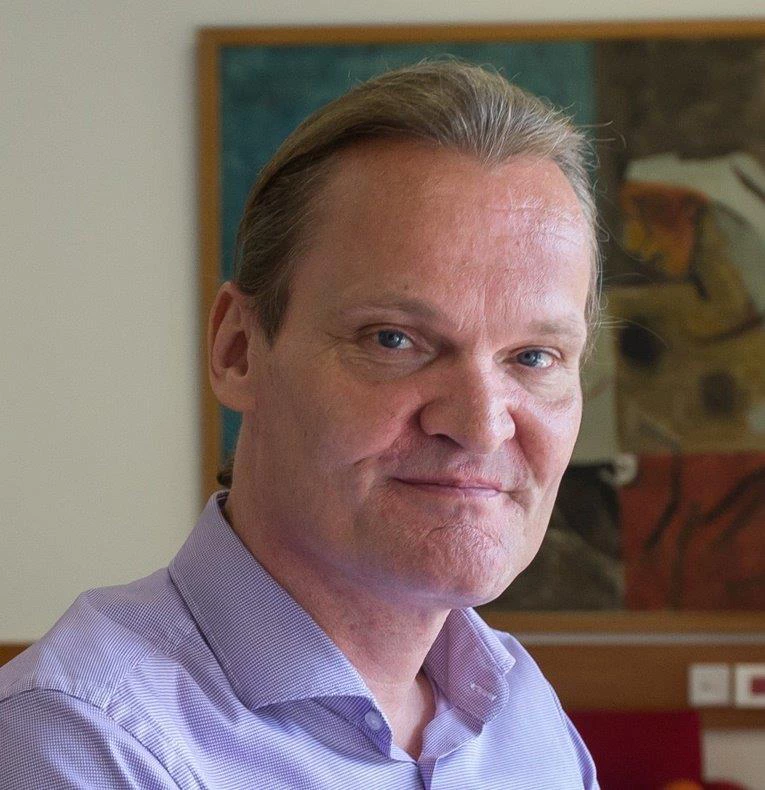
When I first went to Nigeria, I had a picture in my mind of an oil country with a struggling non-oil economy. This picture came from two statistics I knew: 95 percent of Nigeria’s exports are oil and 85 percent of Government revenues come from oil. What I did not know was that oil is only the fourth largest sector in the economy, with the wholesale and retail sectors being larger.
This means that people buying and selling things adds more value to Nigeria’s economy than the entire oil industry does. So why is it that oil is always talked about as either what makes Nigeria rich or what has doomed Nigeria to remain poor. And which one is right, rich or poor?
The rich part is easy to understand: Nigeria produces more than $50 billion worth of oil every year, which seems pretty rich indeed. Though actually, it is only about a dollar per capita per day, so we cannot call that rich unless Nigeria uses that money to deliver meaningful results for its people: governance for results.
So what has been the relationship between governance, results and oil in Nigeria? To answer this question, I would first look at the way money from oil flows into government. All of it comes into one single account: the Federation Account. Every month the revenues in that account get distributed between the three layers of Nigeria’s government: federal, state and local. This distribution happens according to a constitutionally fixed formula and as pure block grants, i.e. neither linked to performance nor any spending targets. So once a month, everybody comes to Abuja to find out how much their block grant will be. Oil revenues “raining down” like manna from heaven have thus tilted the Nigerian political system towards mostly looking up and to the center.
Then, what about the results? Where are they supposed to come from? Well, the Nigerian constitution places responsibility for most areas of service delivery at the state and local government level, in other words down and in the periphery. We are talking here about primary and secondary health care and education, water and sanitation, drainage, many roads and more; effectively, most things except power and security. These are tremendous responsibilities for the state and local governments; many other governments in the world struggle with the same. Yet as we just saw, Nigerian state and local governments get the vast majority of their revenues from above, regardless of whether or not they actually deliver services to their people. Not a great starting point for results and, in fact, results are far from great in many areas. So if we assume that most people who do not get key services remain poor, then we have answered the question: oil is more likely to make Nigerians poor.
In the future, I will talk about whether this paradigm can be changed and things happening in Nigeria already that could help us understand how to get better results soon.


Join the Conversation